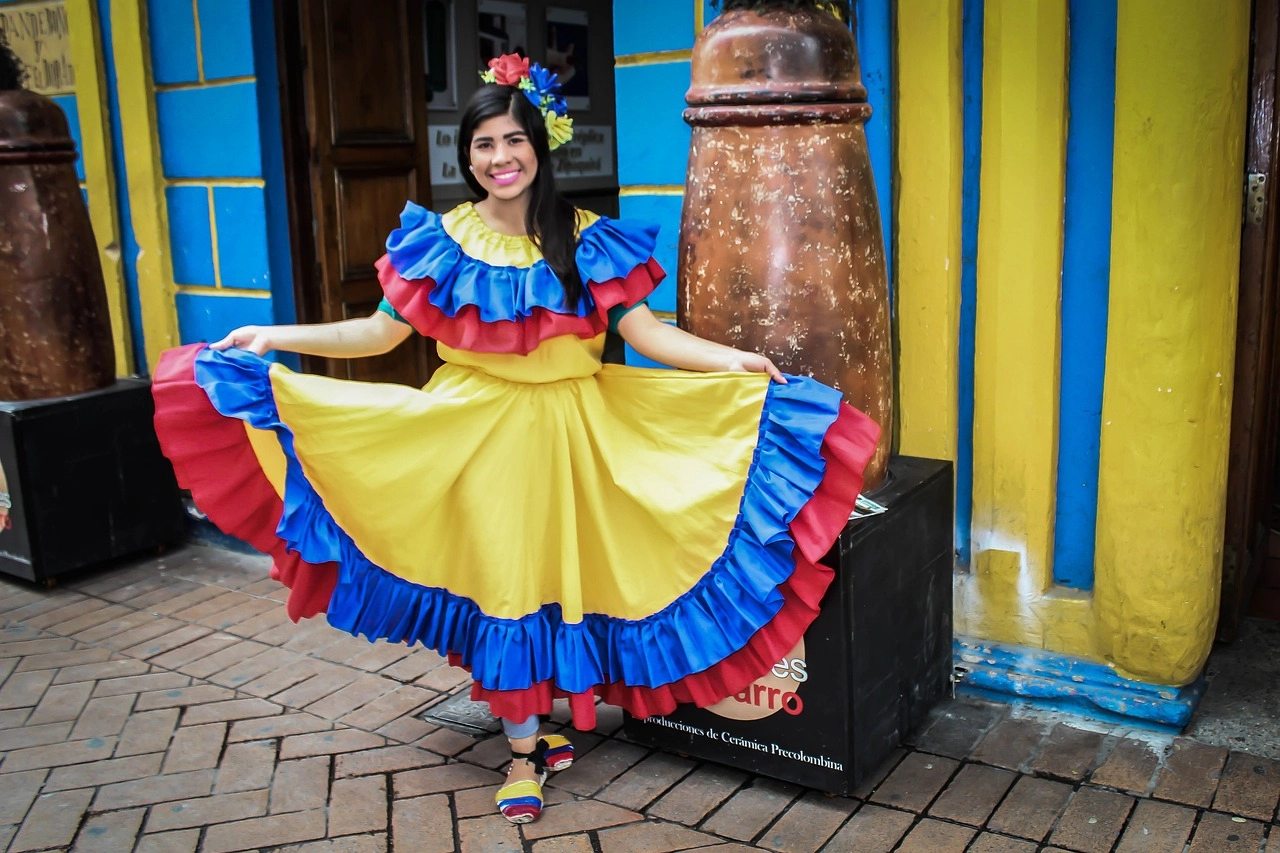Business culture of Colombia
Understanding business etiquette in Colombia is paramount to ensuring the smooth operation of your business in one of Latin America's most dynamic and promising economies.

2024/12/24
101








